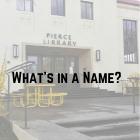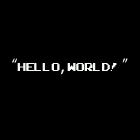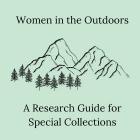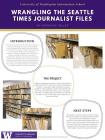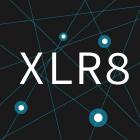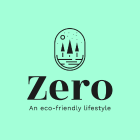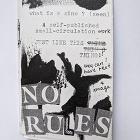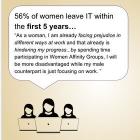
What Women Really Think of Women Affinity Groups in Tech
Women Affinity Groups (WAGs) are the most prevalent Diversity and Inclusion (D&I) intervention methods utilized in the technology industry. Like other D&I interventions, WAGs have not been studied and their effectiveness has not been empirically assessed. This project investigated WAGs' characteristics using a qualitative approach conducting interviews and focus group, with industry professionals. The study explores WAG members and non-members' experiences and perceptions of WAGs. Findings suggest WAGs' benefits and highlight the complexity of perceptions and expectations of members and non-members; along with the importance of identifying differences in needs, intersectionality, and the stigma that exists relative to “women-only groups.”

